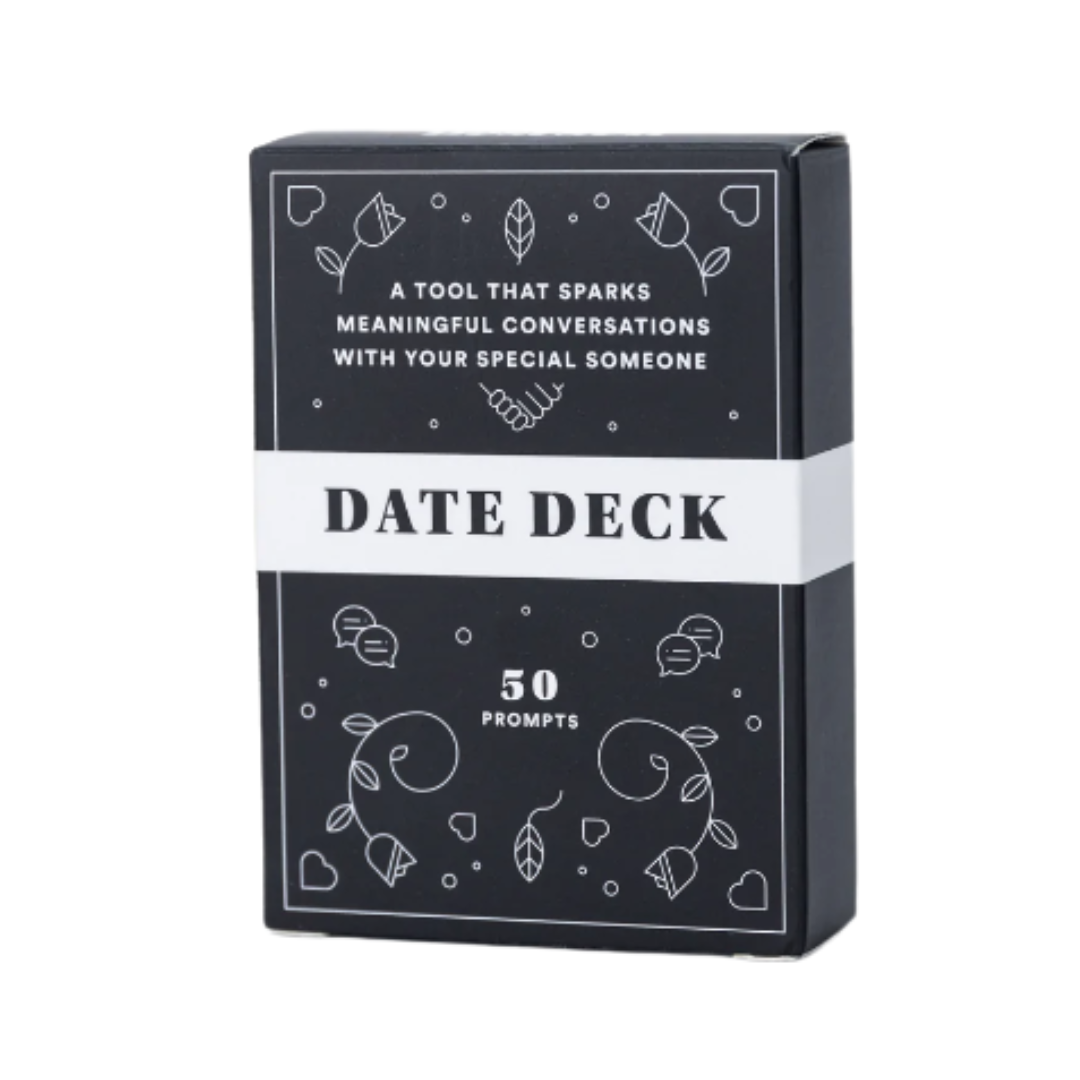This is exactly how often you should be having sex to boost health and happiness, according to research
Your need-to-knows.


So, how often should you have sex? Getting intimate has been scientifically proven to boost both physical and mental health, but you've likely wondered how much exactly to be aiming for. Is once a month enough? Or once a week? Even more than that?
First things first: it's important to note that this article only aims to provide a rough guideline of what, in an ideal world, constitutes "healthy." Often, you won't have time, won't be in the mood, or will prioritise other things (we're looking at you, sleep). What works for you and your partner might not work for the next person - it's completely individual.
Regular sex has been found to boost happiness levels, lower stress and anxiety and lower your blood pressure, meaning it's worth prioritising. That said, new research has shown that we get a lot wrong when it comes to our thoughts about sexual frequency. Research from Hims & Hers Let's Talk About Sex report found that 23% of women, 18% of men and 47% of gender nonbinary people report not having had sex in the past month - yet 98% assume everyone else has been at it in the past week.
The research also highlighted that our sex frequency radar is way off: 45% of people report having sex less than once per week, but 81% assume the average person in the UK has sex weekly or more.
Why is how often we're at it such a huge talking point? "The main concern for most people is whether they’re having "too much" or "too little" sex and whether this could jeopardise their relationship as a result, based on outdated notions of masculinity and femininity that are so ingrained in conversations around sex," explains Alex Griffiths, co-founder of sex-care brand Roam.
"As such, many people worry about how much sex they’re having, or the quality and type of that sex because they think there is only one way to have it. Destigmatising this idea is key to realising sex is as unique as the individual."
Just like the sex positions we use, the sex toys we buy and the fun sex ideas or sex card games we try, how often we have sex is personal and complicated. Keen to know just how often should you be at it for optimum health and happiness? Keep scrolling.
Celebrity news, beauty, fashion advice, and fascinating features, delivered straight to your inbox!
Don't miss our guides to how to spice up a relationship, tantric sex, and how to be more sexually intimate, while you're here.
How often should you have sex? Your guide
What is sex good for?
“Sex isn’t isolated - it has a profound impact on mood, self-esteem, and motivation,” Dr. Peter Stahl, MD and SVP of Men’s Sexual Health and Urology at Hims & Hers, explains. “It’s an integral part of your quality of life and has far-reaching impacts all aspects of mental and physical health.”
A study published in the British Medical Journal found that those who rated their health as good or very good were more likely to have an active sex life. Other research has found that sex can protect against anxiety and depression, while one study found that the immune-boosting benefits of sex are so great that it lowered the risk of a Covid infection during lockdown.
The benefits of "regular" sex are entirely dependent on the person, though. Firstly, there's no definition of "regular." "There’s incredible variability amongst couples’ sex lives. There are lots of couples who have sex once or twice a month and they are super happy with that. And there are other couples for whom not being able to have sex two, three or four times a week is really a relationship stressor,” says Dr Stahl. Those who have a low libido likely won't benefit from more sex, and asexual people aren't necessarily losing out on benefits by not having sex.
Not to mention, solo sex counts. So even if you don't have a partner, you can still reap the benefits of sex and particularly orgasm.
How often should I have sex?
"Libido fluctuates in all individuals and many factors can cause this, including stress, alcohol, diet and menstrual cycle. Because of this, the amount you have sex in a relationship can fluctuate, too," says Griffiths.
Age is a big factor in sexual frequency, with a 2017 study reporting that we have the most sex in our 20s, on average 80 times a year, or slightly more than once every five days. By the age of 45, people have sex an average of 60 times per year, or just over once a week and by age 65, most people have sex around 20 times per year, or less than one time every two weeks. However, a 2019 study reported that sexuality wasn't a factor in frequency, with homosexual, heterosexual and bisexual people reporting similarly regular sex.
All reasons to not have sex are valid, but if you can reap the benefits with your partner, then how often should you do it? Research suggests that sex once a week is enough: a study from York University involving more than 30,000 participants reported that the happiness benefits of sex plateaued at once a week, suggesting more isn't always better.
But that doesn't mean you have to be at it on a weekly basis. "There's no one-size-fits-all - however, having sex frequently in a relationship builds intimacy with your partner, which in turn can strengthen your relationship. Intimacy, whether in the form of sex or in other forms, is therefore key to and for a healthy relationship, as well as having many health benefits," says Griffith.
Bottom line: your sex life should both reflect and be aided by the frequency of sex within the boundaries of your and your partner’s natural libido.
MC UK approved products to shop now

"This toy was designed for intuitive and unique power. You can control the internal and external heads independently, choosing from four different modes for the two heads. And lastly, the angle between the two heads can be adjusted to create an intimate fit," says Cecile Gasnault from Smile Makers.
How to have more sex
Firstly, stop and think about whether there's actually anything wrong with your sex life.
"Navigating your sex life within your natural libido means paying attention to how you feel and what makes you happy. Having low or high libido only becomes a problem when it causes issues in yourself or your relationship or if there’s a sudden change in your sex drive," reassures Griffiths.
Simply put, if you are happy, satisfied and receive and give love to yourself and your partner, you don't need to worry.
What if there is a libido imbalance? "Communication is key when it comes to navigating a frequency dispute for a couple, especially seeing as it's easy for someone's feelings to be hurt; have an open discussion about how sex makes you feel, what it means to you and how you like it - openness builds intimacy and manages expectations, allowing you both to feel content," says Griffiths.
Having a different libido to your partner is also why solo sex is important - it allows the high libido person to satisfy their needs without the other person overrunning theirs. Alix Fox, sex educator and writer, notes that sales of sex toys and the number of people enjoying masturbation is still on the rise thanks to the more personal, mindful experience is can give you. "More partners equal more of other people’s needs to think about. But solo sex puts people at the centre of their own solar system,” she says.
According to the Hims & Hers report, whether or not you're having enough sex isn't always the right question. In fact, when asked what they’d like to improve with their sex lives, 74% of UK respondents don’t say "more sex."
Instead, most people would rather experiment with different ways of having sex and others (particularly women) just want to orgasm during the sex they have: 15% of women have never orgasmed either by themselves or with a partner and for many, it’s one of their biggest sexual stress points.
If you do want to have more sex, try different sex, or spice up your relationship, you can start with a conversation. "There’s shame and guilt still built around sex. We feel like we can’t have the sex life of our dreams because we can’t fully be who we desire to be sexually because we’re deathly afraid of being scrutinised for it," says sexologist and life strategist Octavia Vance.
"[Straight women] often say things like, ‘If he would just be more sexually open with me, then I could be more sexually expressive and have a better sex life.' So many women fear judgement from others, especially the judgement of their own husbands [and partners]."
Don't miss our guides to the best sex toys, best sex toys for beginners, and best sex toys for couples, if you are keen to explore - all of the toys have been tested and recommended by top industry experts.
More MC UK approved products to shop now
How many times a week is too much for sex?
Short answer - it'll totally depend on what you and your partner enjoy, your libidos, and your sexual appetites.
While studies have shown that once a week marks the sweet spot for boosting both physical and mental health for most couples, it's a highly personal subject that only your partner and you can work through.
Try this: chat openly and candidly with your partner about how much you'd like to have and then commit to making that happen. Scheduling date nights can be a great way of carving out time if you always feel too busy.

Chloe Gray is a freelance journalist who writes and talks about health, fitness, and wellbeing through a feminist lens. She was part of the launch team for Stylist magazine's fitness brand, Strong Women, and has written for i news, Women's Health, Red magazine, Good Housekeeping, Refinery29, and more. She's all about building mental and physical strength, eating delicious food that fuels you well, and making the fitness industry more accessible and enjoyable. She's also a qualified fitness trainer and research nerd, so you can be sure everything you read is backed by proper science.




